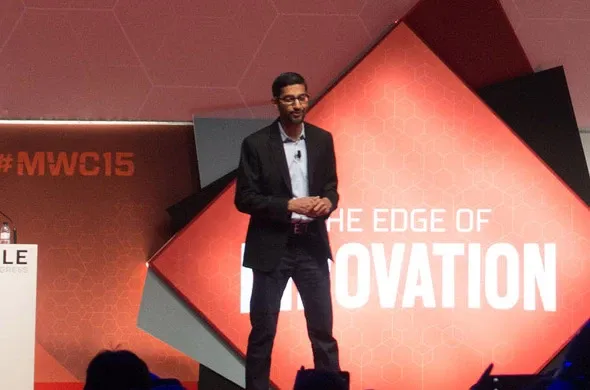Reddit Files Lawsuit Against Australia for Social Media Ban
Shortly after Australia’s controversial under-16 social media ban went into effect, Reddit filed a lawsuit against the country.

Google has been trying to move beyond advertising for some time, with mixed results. At its annual I/O developer conference this year, the company multiplied efforts to make money in different ways, according to Bloomberg.
Google rarely mentions ads during its annual developer show. But products unveiled at past events usually fed that business, either directly or indirectly. This year, the most-important innovations support, or hint at, different revenue streams. Google got 87 percent of first-quarter revenue from ads, compared to almost 90 percent a year earlier. Google’s ad businesses keep growing, so its other revenue sources have to expand even faster.
The first news Google CEO Sundar Pichai shared during his keynote was one of the company’s first chips designed in-house. A few years ago, that would have been used to improve online search results and generate more revenue from the text-based search ads that have been the company’s lifeblood. Instead, Pichai said the component will underpin new cloud-computing services that other companies will pay to rent.
He also highlighted Google’s digital Assistant, saying the voice-based service is increasingly influencing how the company designs its search service. Later in the day, another Google executive, Valerie Nygaard, unveiled new features that let users order and pay for food and other items through the Assistant. That gives Google the chance to make money by taking a small cut of future voice-based transactions, rather than just relying on new types of ads. Indeed, Pichai said in a recent earnings conference call that business models for the Assistant "will be different than what we have today.
The company’s popular Photos app got its first revenue-generating feature at the event, and it also has nothing to do with ads. Users will be able to order physical books of their favorite albums, starting at $9.99. Google is pursuing different business models, in part because it has become so dominant in digital ads. That limits future growth opportunities. Online ads are prone to blocking technology, and can also be more sensitive to economic cycles than subscription offerings like cloud services.
Looming over these initiatives is Amazon, which is grabbing more lucrative shopping searches from Google and is more experienced generating revenue from non-advertising businesses like e-commerce and cloud services. Amazon is a particularly potent rival in the emerging voice-based commerce business. The company’s Alexa digital assistant is already taking orders though Amazon Echo speakers. It also has existing digital payments systems, a network of warehouses and multiple delivery options to get purchased goods to shoppers.